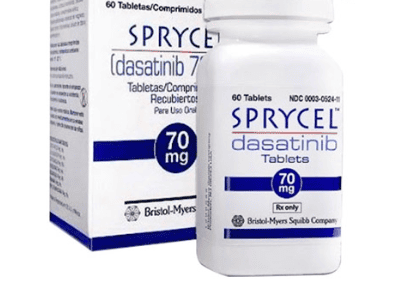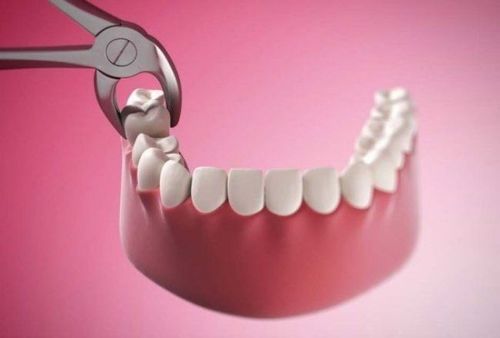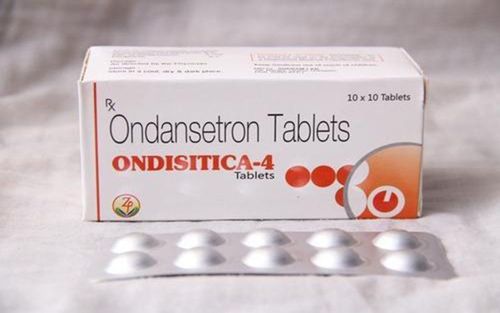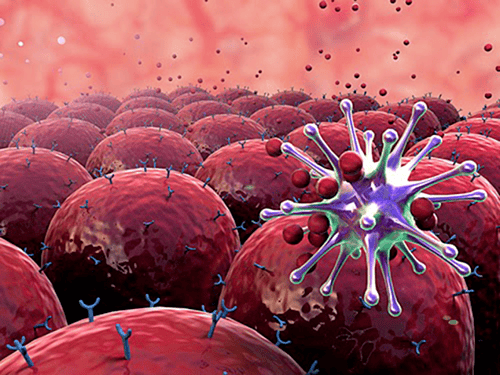This is an automatically translated article.
The article was written by Doctor Nguyen Thi Phi Yen - Head of Palliative Care Unit - Internal Oncology Department - Vinmec Times City International Hospital.Many cancer treatments have side effects that affect the patient's mouth, teeth, and salivary glands. These side effects can make it difficult to eat, speak, chew, or swallow. To manage these side effects, you need to know how to take care of your teeth properly.
1. Mistakes when taking care of teeth
1.1 Using mouthwash too many times a day Mouthwash is a product that helps clean teeth and remove plaque on teeth. However, if used too many times in a day, there is an imbalance in eliminating beneficial bacteria in the oral cavity.1.2 Brushing too hard Many people think that brushing for longer and harder will help remove stubborn plaque from teeth. However, not so, rubbing too hard does not clean the teeth but also damages the gums. So how to brush your teeth the right way, you can refer to the article "How to brush your teeth properly" with professional consultation Specialist Doctor I Nguyen Trung Hau - Doctor of Odonto-Stomatology - Department of Medical Examination & Internal Medicine - Vinmec Da Nang International General Hospital.
Trắc nghiệm: Bí mật về chiếc miệng khỏe đẹp
Chăm sóc răng miệng cũng là một việc bạn cần quan tâm. Sức khỏe răng miệng có một mối liên quan mật thiết đối với sức khỏe. Bạn đã biết làm sao để giữ cho răng luôn chắc khỏe?
Sau đây là một số câu hỏi trắc nghiệm giúp bạn hiểu hơn những bí mật để có thể sở hữu răng miệng khỏe đẹp.
Bài dịch từ: webmd.com
1.3 Brush your teeth immediately after eating After eating, your mouth will be full of acid. Brushing right after means you're helping the acid work even harder, which in turn causes teeth to wear down faster.
1.4 Using a poor quality brush One of the causes of gingivitis, gingivitis is due to the use of a hard toothbrush, causing damage to the gums during brushing. In addition, you should change the brush regularly. This will help remove harmful bacteria to keep the oral cavity clean and odor-free.
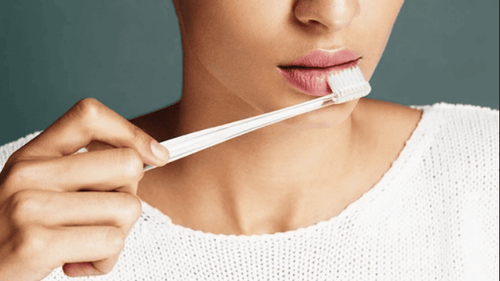
2. How to maintain oral hygiene
2.1 Basic oral hygiene Maintaining oral health is essential. Oral hygiene can be divided into two modalities: plaque control and rinsing.Plaque control:
The best way to improve oral hygiene in cancer patients is to use a nylon bristle brush and bristles can soften in hot water. A low-fluorine, low-abrasive and tasteless toothpaste should be used, as flavoring agents can cause mucosal irritation. For patients with dry mouth, special toothpaste secretagogue. If the patient feels pain when brushing, the toothbrush can be dipped in dilute salt water or clean water. Patients need to rinse their mouth with clean water or physiological saline to remove plaque. Brushes are cleaned after each stroke and replaced every 3 months. You can use dental floss if there are no bleeding gums and teeth. Mouthwash
Healthy teeth thanks to good brushing and regular flossing to prevent oral diseases. The use of an alcohol-free fluoride mouthwash is essential for dry mouth. Patients with low salivation and bad breath should always rinse their mouths. However, there are many types of mouthwash that contain alcohol, which is a particular ingredient that causes dry mouth, which increases the symptoms of dry mouth. Use water containing baking soda or physiological saline.

3. Common oral diseases in cancer patients
Oral hygiene problems are common in cancer patients as radiation therapy to the head and neck along with myelosuppressive chemotherapy can cause acute oral disease including mucositis; dry mouth, chronic tartar and decreased taste by the effects of radiation on the salivary glands.3.1 Dry mouth 3.1.1 Causes There are many causes of dry mouth, often as a side effect of medications, radiation therapy to the head and neck, or a debilitating condition that leads to mouth breathing.
Certain medications commonly used in palliative care can cause dry mouth or reduce saliva, including:
Tricyclic antidepressants: amitriptyline... Mental illness medications: phenothiazines ... Antihistamines: diphenhydramine... Anticholinergics: atropine, scopolamine,... Opioid pain relievers: codeine, tramadol, morphine... Other causes: no saliva, lack of water, breathing by mouth, mechanical ventilation, oxygen...
3.2.1 Treat dry mouth Keep mouth moist by drinking soda water, unsweetened fruit juice (can be refrigerated) Drink small sips of water or fruit juice without sugar or use a spray bottle of water. Stimulating saliva secretion: Suck on candy, chew sugar-free gum. Try using artificial saliva or a saliva replacement liquid, which is available in several forms: solution, spray, gel, and tablet. Applying moisturizing gel will be very effective for lips, tongue and palate to relieve dryness. Note that the taste of moisturizing gels may not be suitable for many patients. Specialized toothpastes are available to relieve the feeling of dry mouth. To protect lips, use water-based products regularly. Apply directly to the oral mucosa with cooking oil (olive, sesame...) to help prevent dryness, and help strengthen dentures. Always keep the room moist, using a humidifier, especially at bedtime, will help alleviate the uncomfortable feeling of dry mouth. Do:
Eat soft foods with liquids such as milk, gravy, soups... Crushed foods Avoid dry foods such as cookies or cereals. Avoid caffeinated or alcoholic beverages...which increase dry mouth. Complementary therapies such as acupuncture, according to some studies, can be effective in the long term in reducing dry mouth.
3.2 Mucositis of the mouth Stomatitis has many causes, including oral thrush and ulcers in immunocompromised patients, or gingival necrosis by anaerobic bacteria (fusobacterium) in people with poor oral hygiene. .
Early detection of autoimmune disorders caused by lichen erosive stomatitis will help in better treatment.
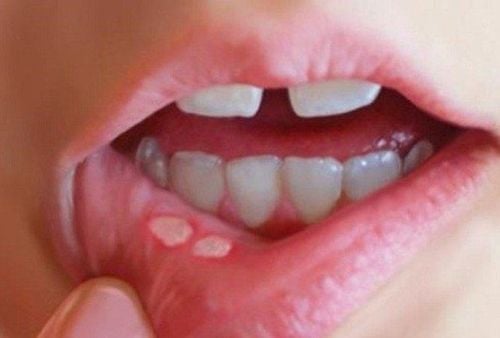
Oral candidiasis has many clinical manifestations such as: cracked corners of the mouth, pimples in the mouth (Pseudomembranous). To treat the disease, it is necessary to test for fungus, based on the test results, the doctor can have an appropriate treatment.
4. Other forms of stomatitis in cancer patients
4.1 Bacterial Infections The most common types of infections in the mouth are the teeth, gums and oral mucosa that can be caused by a wide variety of bacteria. Signs of infection are severe gingivitis, fever, and pain. Infection may be more severe in patients with active mucositis and increase the risk of systemic infection. 4.2 Viral infection Herpes virusCommonly seen in immunosuppressed patients, during radiation or chemotherapy, or with leukemia, often due to reactivation of latent virus that the patient has been carrying before. Manifestations of the disease vary from blistering of the lips to mucositis. Diagnosis requires a combination of viral testing and treatment with systemic antiviral drugs.
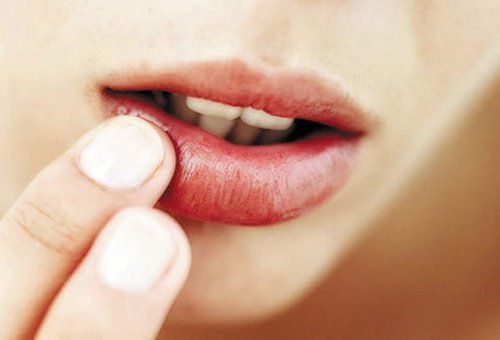
Please dial HOTLINE for more information or register for an appointment HERE. Download MyVinmec app to make appointments faster and to manage your bookings easily.






